6 Social Media Privacy and Safety Tips
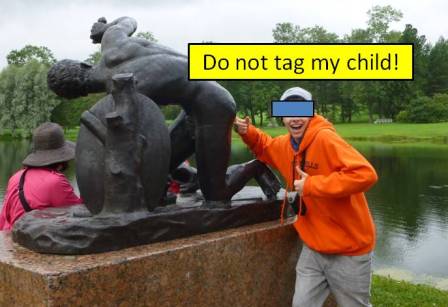 I am a huge fan of Social Media but I dislike it when privacy or safety are compromised by private photos and information being shared accidentally or maliciously. My own tales include identity theft, credit card fraud and being reprimanded by relatives for posting and tagging vacation photos. I thought they’d enjoy seeing our photos on Facebook, but I was wrong. Like a dog with its tail between its legs, I obediently removed every tag and some photos too!
I am a huge fan of Social Media but I dislike it when privacy or safety are compromised by private photos and information being shared accidentally or maliciously. My own tales include identity theft, credit card fraud and being reprimanded by relatives for posting and tagging vacation photos. I thought they’d enjoy seeing our photos on Facebook, but I was wrong. Like a dog with its tail between its legs, I obediently removed every tag and some photos too!
Nowadays, I try to stay current on ways to keep privacy invasion, privacy breaches, fraud and electronic mistakes under control. It’s challenging, however, it is possible to maintain a decent level of privacy by using common sense and following simple guidelines.
1. Understand and use appropriate privacy settings on all Social Media
- Review privacy settings and profiles occasionally, especially after learning about updates or changes. Keep in mind that a Facebook employee told me Facebook updates its code every Tuesday!
![]() For Facebook settings, review 12 Easy Steps to Check Your Facebook Privacy Settings
For Facebook settings, review 12 Easy Steps to Check Your Facebook Privacy Settings
![]() For Twitter settings, review Security and Privacy Tips for Twitter Users
For Twitter settings, review Security and Privacy Tips for Twitter Users
- Be aware of changes apps can make to your Social Media profiles.
- Lack of understanding can accidentally change privacy settings and result in posts that are inappropriate for your audience. ie. My Facebook default audience changes automatically after I manually change a post. So far I’ve successfully corrected this by being vigilant about every post.
- Be careful about authorizing apps that post for you – you may not like the personal information they access or what they post on your behalf. I avoid these apps and my privacy settings prevent friends from “Checking me into Places.”
- I allow Facebook tagging because it alerts me when I’m tagged and gives me the option of rejecting a tag or asking a friend to remove a problematic post or photo. If this is not an option, an online reputation management company can be hired to reduce the impact of inappropriate posts.
2. Understand who your posts can reach so they are appropriate for your audience
My Facebook updates include family vacation photos, accomplishments of my kids, and complaints about my husband’s snoring. Strangers and business associates shouldn’t see this! When I confirm friend requests from people out of my personal circle, I immediately classify them as “Restricted” so they only have access to public posts. I carefully insure my public posts are appropriate for anyone and everyone.
- Assume every post can go beyond intended recipients. If this is a problem for a given post, edit or refrain from that post!
3. Be careful when geotagging tweets, photos or posts
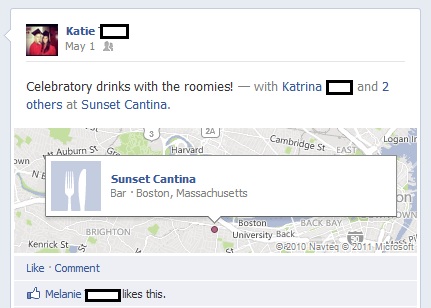 Geotagging allows friends and strangers to track you. For businesses this can be lucrative but it can be dangerous if snoops, stalkers or thieves want to know where you are, what you are doing, where you live and when you are home. It can also be embarrassing if you tell someone you’ll be in one place and they see you on Social Media at another.
Geotagging allows friends and strangers to track you. For businesses this can be lucrative but it can be dangerous if snoops, stalkers or thieves want to know where you are, what you are doing, where you live and when you are home. It can also be embarrassing if you tell someone you’ll be in one place and they see you on Social Media at another.
4. Assume anything posted on Social Media will be available forever and can eventually reach anyone, regardless of privacy settings or accounts being active or canceled
- Electronic sharing is quick and easy and even if we ask others to keep information private, the reality is we lose control once we share. Prior to posting, carefully review everything to minimize negative consequences. Think ahead about what can happen if a post gets to unintended recipients because any Social Media post can be captured with a screen shot or can go viral, regardless of intentions or privacy settings.
5. Log out to prevent others from viewing personal information or making posts on your behalf
- My sons mischievously send rude and funny messages to each other when I forget to log out of my Facebook at home. This is harmless but other instances could have horrible consequences. It seems obvious, but don’t forget to log out and never store passwords when using shared or public devices. The same applies to a personal device that is located where others can access it. In fact, it is best to password protect all personal devices to prevent unauthorized use.
6. Watch out for messages from hackers that appear to come from someone you know or even directly from your Social Media sites
Pay attention to content before clicking links or downloading attachments. Messages containing only links or attachments are likely to have come from a hacker. Contact named senders by alternate methods to verify legitimacy of suspicious messages.
- Messages that have a sense of urgency and ask for personal information are often fraudulent. Type in web addresses yourself rather than clicking on links.
- For suggestions to avoid being hacked, read How to Avoid Phishing Scams
These tips will get you on the right path, but they aren’t enough to keep you safe. Please check in soon for the next blog post which will provide you with additional ways to avoid a Social Media mess.
Until next time… Stay Cyber Safe!


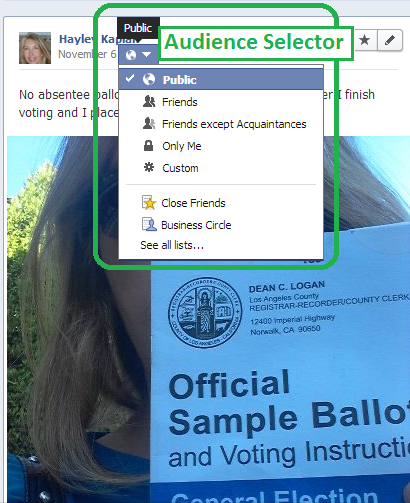
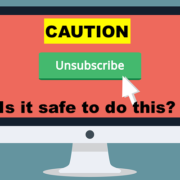
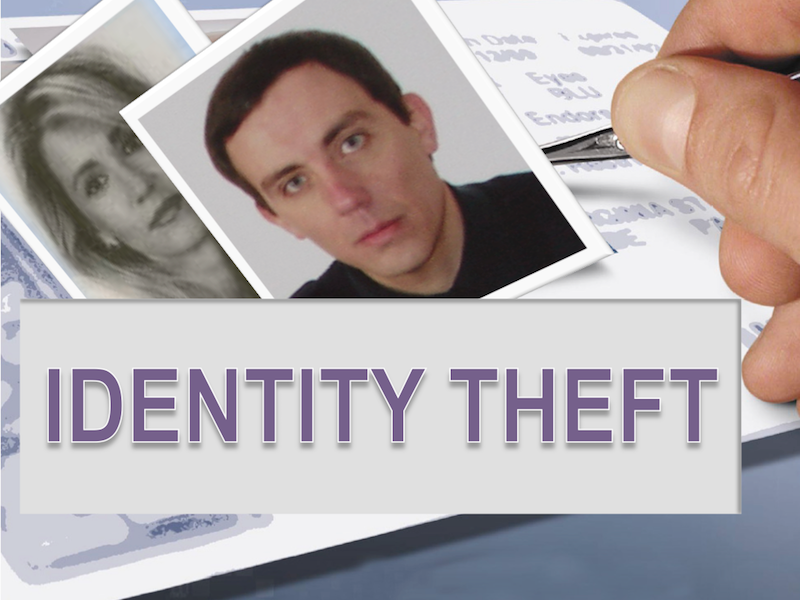
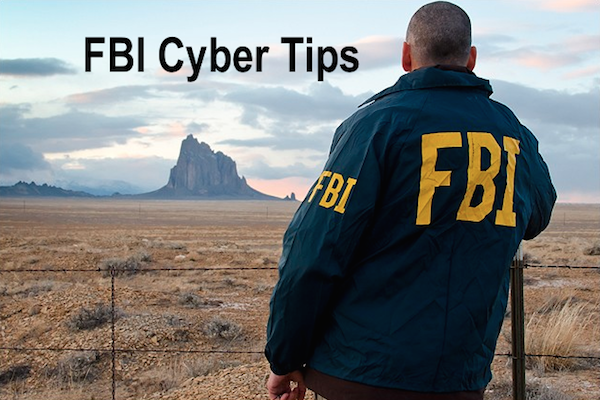
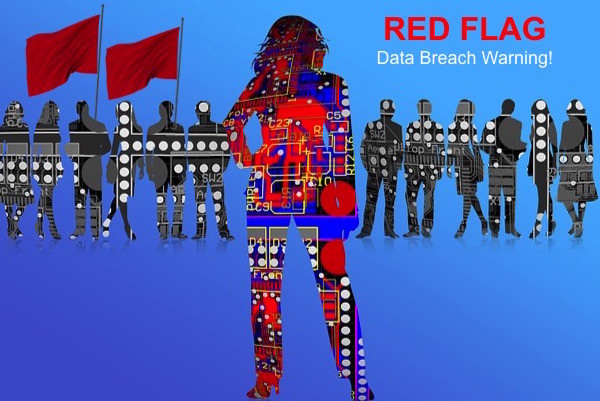
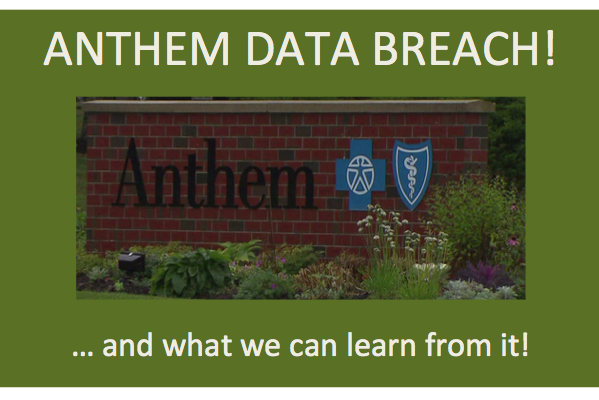
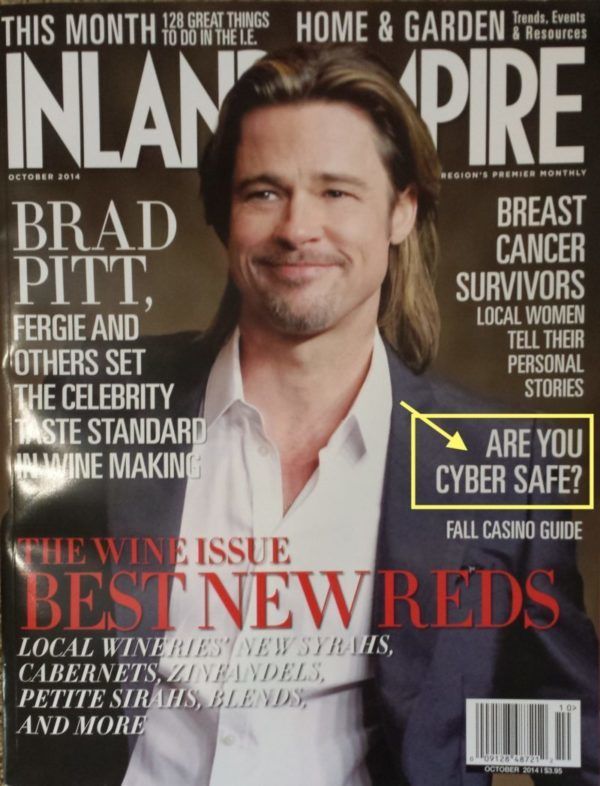
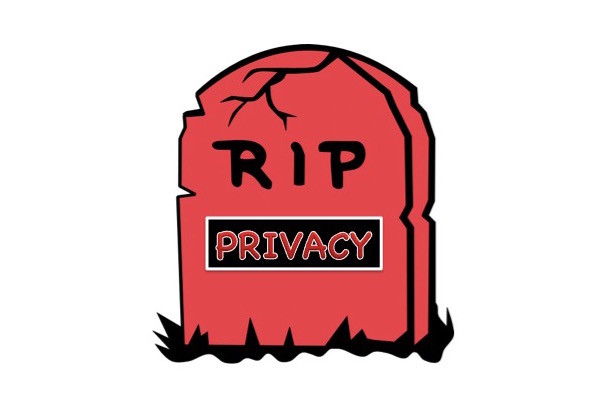
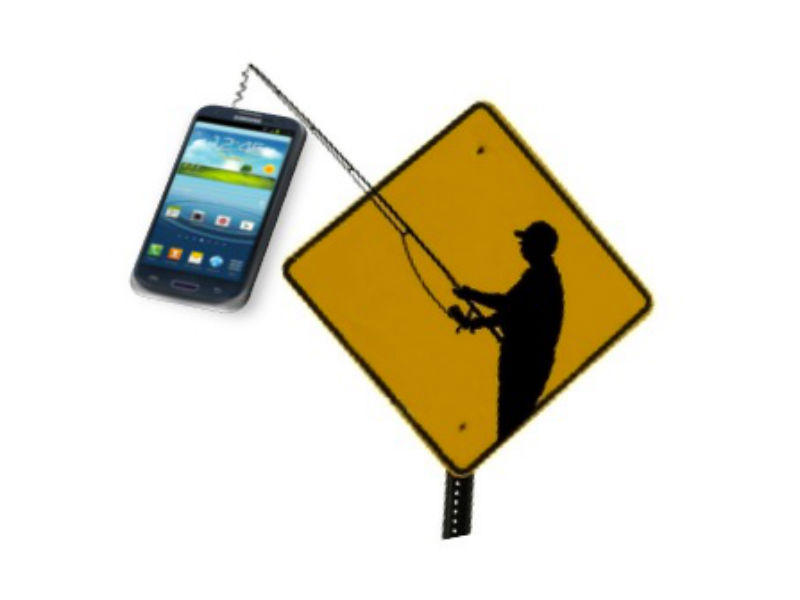

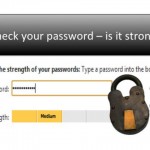

Leave a Reply
Want to join the discussion?Feel free to contribute!